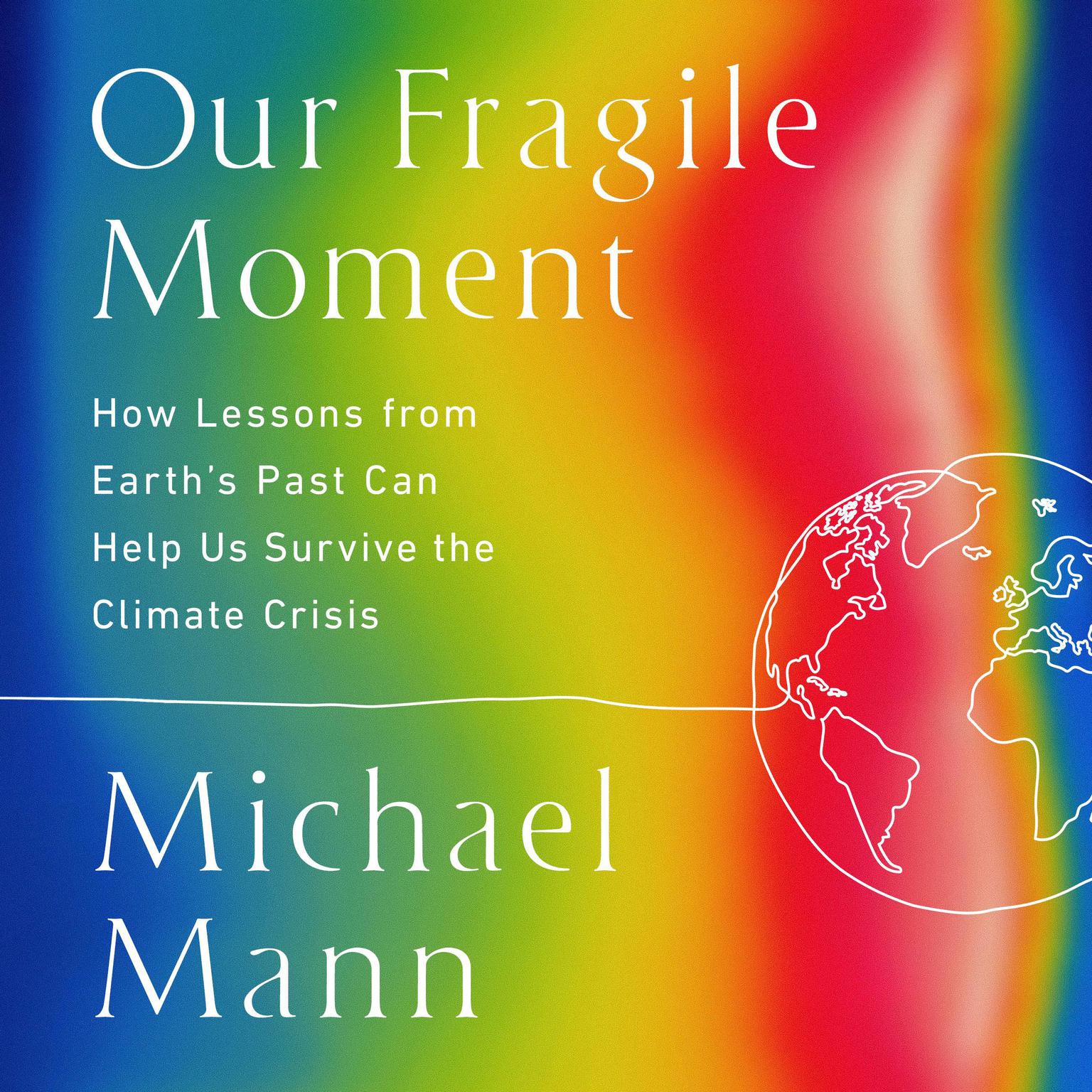 Play Audiobook Sample
Play Audiobook Sample
Our Fragile Moment: How Lessons from Earth's Past Can Help Us Survive the Climate Crisis Audiobook
 Play Audiobook Sample
Play Audiobook Sample
Quick Stats About this Audiobook
Total Audiobook Chapters:
Longest Chapter Length:
Shortest Chapter Length:
Average Chapter Length:
Audiobooks by this Author:
Publisher Description
In this sweeping work of science and history, the renowned climate scientist and author of The New Climate War shows us the conditions on Earth that allowed humans not only to exist but thrive, and how they are imperiled if we veer off course.
For the vast majority of its 4.54 billion years, Earth has proven it can manage just fine without human beings. Then came the first proto-humans, who emerged just a little more than 2 million years ago—a fleeting moment in geological time. What is it that made this benevolent moment of ours possible? Ironically, it’s the very same thing that now threatens us—climate change.
The drying of the tropics during the Pleistocene period created a niche for early hominids, who could hunt prey as forests gave way to savannahs in the African tropics. The sudden cooling episode known as the “Younger Dryas” 13,000 years ago, which occurred just as Earth was thawing out of the last Ice Age, spurred the development of agriculture in the fertile crescent. The “Little Ice Age” cooling of the 16th-19th centuries led to famines and pestilence for much of Europe, yet it was a boon for the Dutch, who were able to take advantage of stronger winds to shorten their ocean voyages.
The conditions that allowed humans to live on this earth are fragile, incredibly so. Climate variability has at times created new niches that humans or their ancestors could potentially exploit, and challenges that at times have spurred innovation. But there’s a relatively narrow envelope of climate variability within which human civilization remains viable. And our survival depends on conditions remaining within that range.In this book, renowned climate scientist Michael Mann will arm readers with the knowledge necessary to appreciate the gravity of the unfolding climate crisis, while emboldening them—and others--to act before it truly does become too late.
Download and start listening now!
Our Fragile Moment Listener Reviews
Be the first to write a review about this audiobook!
About Michael E. Mann
Michael E. Mann is an author and distinguished professor of atmospheric science at Pennsylvania State University, with joint appointments in the department of geosciences and the Earth and Environmental Systems Institute. He has received many honors and awards, including NOAA’s outstanding publication award in 2002 and selection by Scientific American as one of the fifty leading visionaries in science and technology in 2002. Additionally, he contributed, with other IPCC authors, to the award of the 2007 Nobel Peace Prize. He received the Award for Public Engagement with Science from the American Association for the Advancement of Science in 2018 and the Climate Communication Prize from the American Geophysical Union in 2018. In 2019 he received the Tyler Prize for Environmental Achievement. In 2020 he was elected to the US National Academy of Sciences.
About Tim Campbell
Tim Campbell, winner of AudioFile Earphones Awards, is a narrator and actor based in Los Angeles, California. He studied at the University of California and earned a BA in music and theater and a certification from the prestigious Great Books program at Pepperdine University, where he graduated magna cum laude. He is also a classically trained singer and performs regularly with the Los Angeles Master Chorale and Los Angeles Opera Chorus, as well as on studio soundtracks for film and television.




